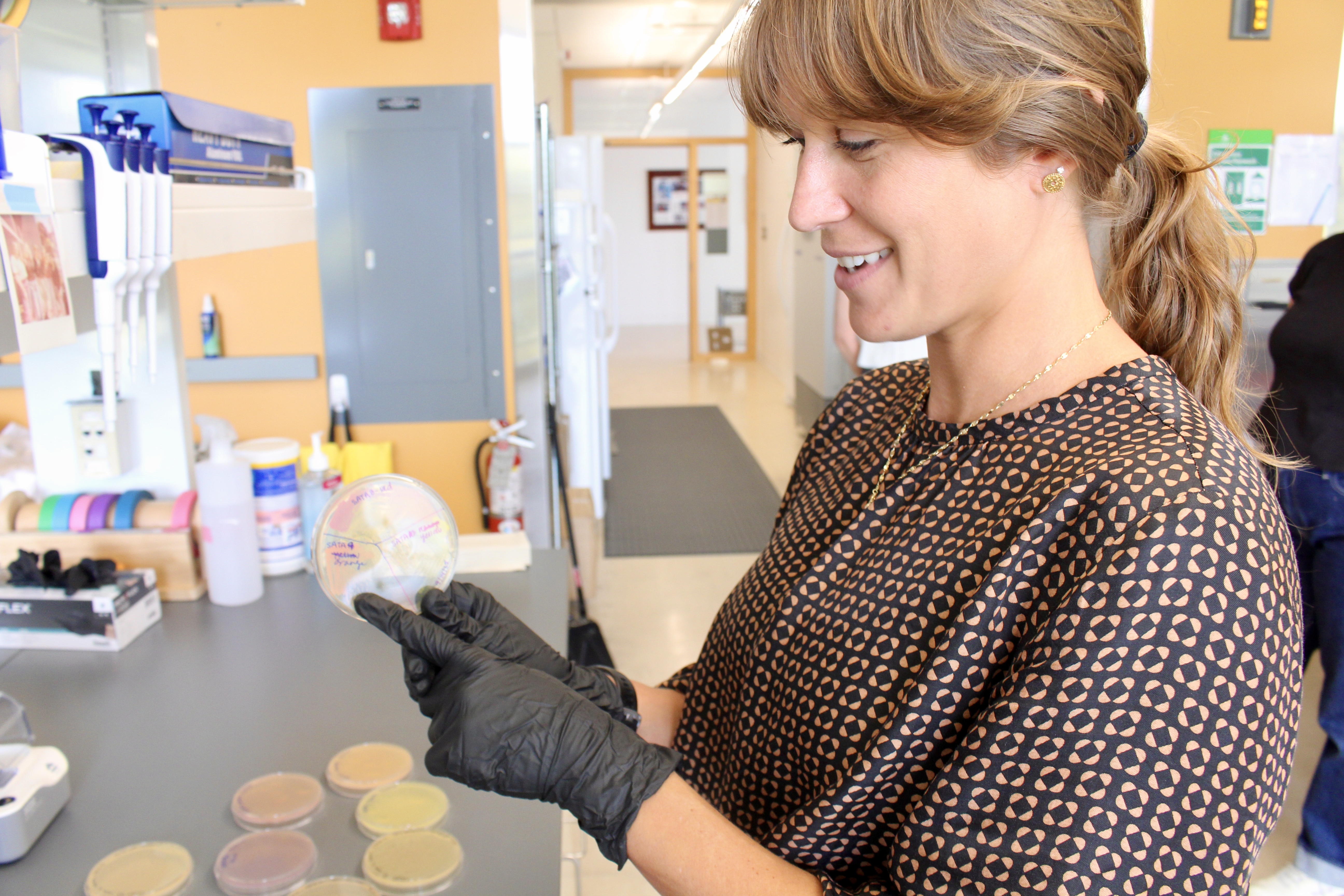

Dec 2025

Abstract:
Advances in 'omics technologies have expanded our understanding of marine microbiome diversity, shedding light on complex microbial interactions within marine ecosystems. Yet, mechanistic studies of marine bacteria-animal symbioses remain confined to a limited number of microbial chassis and model organisms. To bridge this gap, it is essential to develop genetic tools capable of probing ecologically relevant bacterial species and biological systems. This talk will present my lab's vision toward adapting state-of-the-art genome engineering techniques to the study of marine bacterial symbioses. To enable more ecologically relevant probing, microbiome editing is a promising approach enabled by CRISPR-associated transposases (CASTs), which allows site- and species-specific genetic modifications within microbial communities. Many CASTs were initially discovered in marine gammaproteobacteria, including members of Vibrio, Pseudoalteromonas, and Endozoicomonas genera, suggesting that oceanic conditions favor the application of these genetic tools. Our lab specifically targets these marine microbial strains due to their ecological relevance, investigating interactions such as pathogenicity in aquaculture, secondary metabolite biosynthesis, and intracellular symbioses across diverse marine ecosystems. As climate change continues to threaten marine environments like coral reefs and aquaculture systems, developing and applying genetic tools will be crucial—not only for enhancing biological insights but also for enabling microbial-based solutions for our changing oceans.
Bio:
Amanda Alker is an assistant professor in the Biomedical and Pharmaceutical Sciences Department at the University of Rhode Island. Amanda received her Ph.D. in the Cell and Molecular Biology Joint Doctoral Program from the University of California, San Diego and San Diego State University where she investigated bacterial genes that facilitate metamorphosis in tubeworms and corals, and developed synthetic biology tools to investigate genetic mechanisms of marine bacteria. She conducted her postdoctoral training at the Innovative Genomics Institute (University of California, Berkeley), working in the first microbiome editing initiative (BIOME) to increase the editing efficiency of CRISPR-associated transposons. Now at URI, the Alker lab develops genome editing technologies to study non-model and complex bacterial interactions in the ocean.